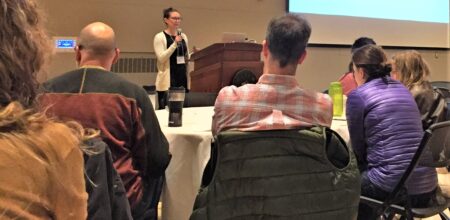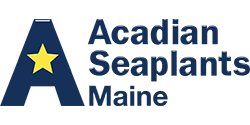Sustainability
Our harvesters only harvest 17% of the available biomass in any given area and we dedicate significant resources to our science team to ensure they are diligent in controlling all our harvesting methods and practices.
We work with conservation groups as well as the Department of Marine Resources (DMR) to ensure not only that our harvest is sustainable, but that we are aware of habitat issues.
ASL Maine is working with the University of Maine to better understand the role of rockweed and the potential effect of its harvest on coastal food webs. Our resource science team worked with the University of Maine scientists to select study sites within areas traditionally harvested. The abundance of birds and invertebrates was measured at these sites by the University of Maine in the fall of 2018. These sites will be harvested by ASL Maine during the summer of 2019. Other sites will be left as control, or non-harvested sites, to provide a comparison. The University team is trying to determine if there is a detectable difference in community composition before and after a commercial rockweed harvest. This project has brought together a diverse stakeholder group interested in maintaining healthy intertidal ecosystems. For more information on the study, check out the University’s team’s website.
In short, we seek to collaborate with all those who have an interest in Maine’s shore – by working co-operatively with land owners, conservation groups, government and those within industry; we find the right balance for building sustainable coastal communities.
We are committed to sustainable practices, to Maine and its working waterfronts. Towards that end, we are a member of The Maine Seaweed Council.

